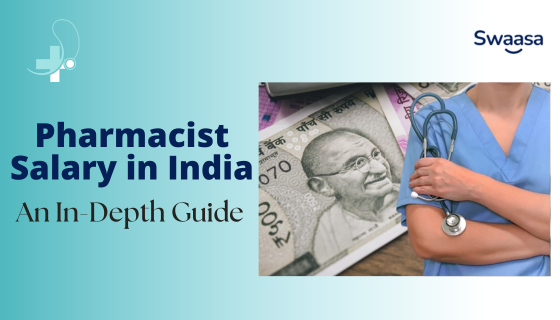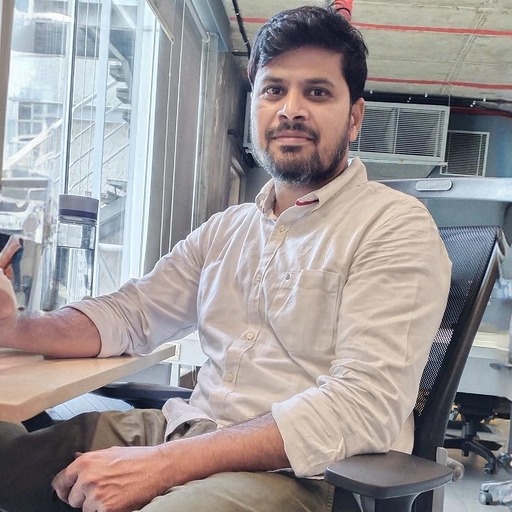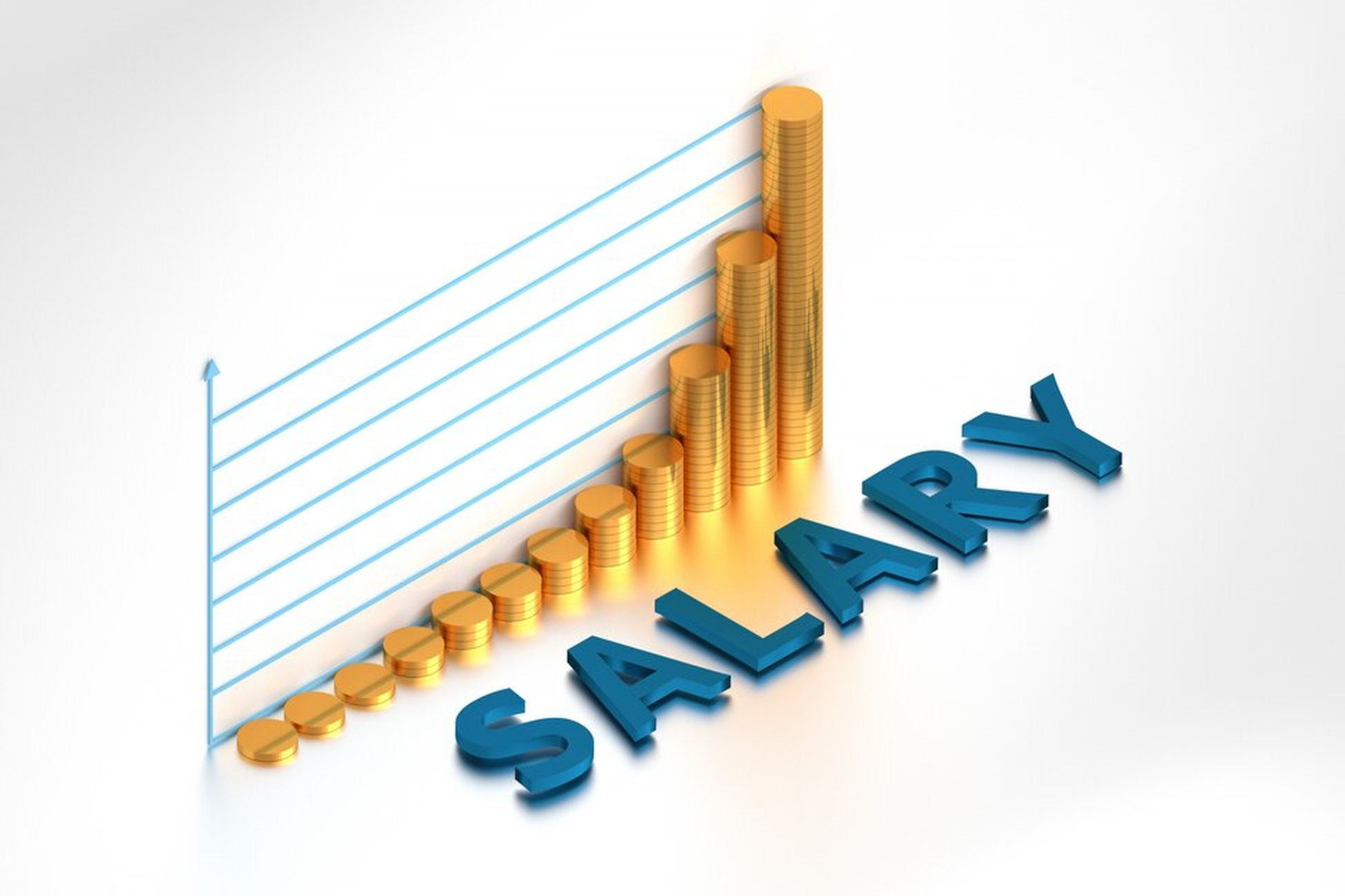
Pharmacist Salary in India: An In-Depth Guide

08-Nov-2024
Pharmacist Salary in India: An In-Depth Guide
Introduction
The role of a pharmacist is vital within the healthcare system, ensuring that patients receive safe and effective medication. As the healthcare industry continues to grow, many individuals are considering a career in pharmacy and are curious about the potential earnings in this field. This article explores the pharmacist salary in India, providing detailed insights based on current trends, geographic variations, and career growth opportunities.
What is the Average Pharmacist Salary in India?
The average pharmacist salary in India can vary significantly based on multiple factors, including location, experience, specialization, and the specific sector of employment (public or private).

Average Salary Overview
- Entry-Level Pharmacist: ₹2,50,000 - ₹3,00,000 per annum
- Experienced Pharmacist: ₹4,00,000 - ₹6,00,000 per annum
- Senior Pharmacist: ₹6,00,000 - ₹10,00,000 per annum
- Retail Pharmacist: ₹3,00,000 - ₹5,00,000 per annum
- Hospital Pharmacist: ₹4,50,000 - ₹8,00,000 per annum
Factors Influencing Pharmacist Salary
Several factors can influence the salary of pharmacists in India:
Experience Level: Entry-level pharmacists generally earn less than those with several years of experience. With time, as pharmacists gain expertise and build a reputation, their salaries tend to increase significantly.
Location: Salaries can vary significantly between states and cities. For instance, pharmacists working in metropolitan areas like Mumbai or Delhi usually earn more than those in rural areas due to the higher cost of living and demand for healthcare services.
Work Setting: Pharmacists working in hospitals typically earn more than those in retail settings. Hospital pharmacists often have more responsibilities, including clinical roles that require specialized knowledge.
Specialization: Pharmacists who specialize in areas such as oncology, pediatrics, or infectious diseases may command higher salaries due to their advanced training and expertise.
Educational Qualifications: Those with advanced degrees, such as a Doctor of Pharmacy (PharmD), may earn higher salaries compared to those with a Bachelor of Pharmacy (B.Pharm) degree.
Certifications: Additional certifications in specialized areas can enhance a pharmacist's qualifications and potentially lead to higher pay.
Company Reputation: Pharmacists working for well-known healthcare organizations or pharmaceutical companies may receive higher salaries compared to those in smaller establishments.
State-wise Salary Comparisons
Salaries for pharmacists can differ greatly depending on the state in which they work. Below is a comparative overview of pharmacist salaries across various states in India.
Table: State-wise Pharmacist Salaries
Maharashtra: ₹4,50,000 per annum
Karnataka: ₹4,00,000 per annum
Tamil Nadu: ₹3,80,000 per annum
West Bengal: ₹3,50,000 per annum
Kerala: ₹3,60,000 per annum
Uttar Pradesh: ₹3,20,000 per annum
Punjab: ₹3,70,000 per annum
Gujarat: ₹3,90,000 per annum
Delhi: ₹4,80,000 per annum
Insights on Salary Variations by State
Maharashtra: Known for its bustling cities like Mumbai and Pune, Maharashtra offers some of the highest salaries for pharmacists, averaging around ₹4,50,000 per annum. The demand for pharmacists is high in this state, particularly in urban areas.
Karnataka: With Bangalore being a significant hub for healthcare and pharmaceuticals, pharmacists in Karnataka can expect an average salary of ₹4,00,000 per annum. The growing number of startups and healthcare institutions contributes to this demand.
Tamil Nadu: In Tamil Nadu, pharmacists earn approximately ₹3,80,000 per annum. The state has a well-established healthcare system and several pharmaceutical companies, which enhances job opportunities.
West Bengal: Pharmacists in West Bengal earn around ₹3,50,000 per annum. The presence of numerous educational institutions and healthcare facilities contributes to the demand for pharmacy professionals.
Kerala: With a strong focus on healthcare and wellness, Kerala offers salaries of about ₹3,60,000 per annum for pharmacists. The state's high literacy rate also leads to an informed patient base, increasing the demand for qualified pharmacists.
Uttar Pradesh: In Uttar Pradesh, the average pharmacist salary is approximately ₹3,20,000 per annum. Despite being one of the largest states in India, the salaries may not be as high due to varying healthcare infrastructure.
Punjab: Pharmacists in Punjab can expect to earn around ₹3,70,000 per annum. The state's focus on healthcare has led to a stable demand for pharmacists.
Gujarat: With its growing pharmaceutical industry, pharmacists in Gujarat earn an average salary of ₹3,90,000 per annum. The state's strategic location and favorable business environment attract many pharmaceutical companies.
Delhi: As the capital city, Delhi offers some of the highest salaries for pharmacists, averaging around ₹4,80,000 per annum. The city’s advanced healthcare facilities and hospitals contribute to the high demand for skilled pharmacists.
Career Opportunities for Pharmacists
Types of Pharmacist Roles
Pharmacists have a wide range of career opportunities across various sectors. Some of the most common roles include:
Retail Pharmacist: Retail pharmacists work in pharmacies, dispensing medications to patients and providing consultation on proper medication use.
Clinical Pharmacist: Clinical pharmacists work in hospitals and healthcare settings, collaborating with healthcare teams to optimize patient care, conducting medication therapy management, and providing drug information.
Hospital Pharmacist: Hospital pharmacists manage medication therapies within hospitals, ensuring the safe and effective use of drugs, and often participate in clinical rounds with doctors.
Consultant Pharmacist: These pharmacists provide expert advice on medication management and may work in various settings, including nursing homes and healthcare facilities.
Research Pharmacist: Research pharmacists engage in drug research and development, contributing to the discovery of new medications and therapies.
Pharmaceutical Sales Representative: Some pharmacists transition into sales roles, promoting pharmaceutical products to healthcare providers and hospitals.
Regulatory Affairs Pharmacist: These pharmacists work with regulatory bodies to ensure compliance with laws and regulations related to drug approval and safety.
Skills Required for Pharmacists
To succeed in their roles, pharmacists must possess a unique set of skills:
Attention to Detail: Pharmacists must ensure accuracy in medication dispensing and monitoring.
Communication Skills: Effective communication with healthcare professionals and patients is essential for providing medication-related information.
Problem-Solving Skills: Pharmacists must address medication-related issues and develop solutions for patients’ medication needs.
Knowledge of Pharmaceuticals: Understanding drug properties, interactions, and therapeutic uses is crucial for safe and effective medication management.
Empathy and Compassion: Pharmacists should demonstrate empathy when interacting with patients, understanding their concerns and providing support.
How to Increase Your Pharmacist Salary
Pharmacists looking to maximize their earning potential can consider several strategies:
Pursue Further Education: Advanced degrees such as a Doctor of Pharmacy (PharmD) can enhance qualifications and lead to higher salaries.
Gain Experience: The longer you work in the field, the higher your potential earnings. Consider seeking positions that offer opportunities for advancement.
Specialize: Focusing on specific areas of pharmacy, such as clinical pharmacy or pharmaceutical care, can lead to higher salaries due to specialized knowledge and skills.
Negotiate Salary: Don’t hesitate to discuss your worth during job interviews. Research industry standards for salaries and be prepared to negotiate.
Stay Updated: Continuous professional development through courses and certifications can help pharmacists stay competitive in the job market.
Build a Professional Network: Networking with other healthcare professionals can lead to job opportunities and insights into salary trends.
Job Market for Pharmacists in India
The job market for pharmacists in India remains robust, with growing opportunities due to the increasing demand for healthcare services. Many hospitals, clinics, and pharmacies are continuously seeking qualified pharmacists.
Job Trends
- Growing Demand: The healthcare sector is expanding, leading to more job openings for pharmacists. According to recent reports, the demand for pharmacists is expected to grow significantly in the coming years, driven by an aging population and the increasing prevalence of chronic diseases.
- Evolving Roles: Pharmacists are increasingly taking on roles in patient care and medication management, enhancing their importance in healthcare teams. This evolution in roles often leads to higher salaries and job satisfaction.
Employment Opportunities
- Pharmacies: Retail pharmacies, including chains and independent stores, often have openings for pharmacists, especially in urban areas.
- Hospitals: With hospitals expanding their pharmacy departments, there is a consistent demand for hospital pharmacists who can manage medication therapies and collaborate with healthcare teams.
- Pharmaceutical Companies: Opportunities in pharmaceutical companies are available for pharmacists in research, development, regulatory affairs, and sales.
- Healthcare Institutions: Many healthcare institutions, including nursing homes and rehabilitation centers, require pharmacists for medication management and consultation.
- Government Positions: Government hospitals and health departments also hire pharmacists, often with competitive salaries and job security.
Future of Pharmacy in India
The future of the pharmacy profession in India looks promising, driven by advancements in healthcare technology, increased healthcare awareness, and evolving pharmacist roles.
Technological Advancements
The integration of technology in pharmacy practice is transforming how pharmacists work. The use of electronic health records (EHRs), telepharmacy, and medication management systems are improving patient care and operational efficiency.
Increased Scope of Practice
Pharmacists are increasingly recognized as integral members of the healthcare team, with a growing scope of practice. This recognition often leads to expanded responsibilities, resulting in higher salaries and enhanced job satisfaction.
Growing Health Awareness
With a rising awareness of health and wellness among the population, pharmacists are becoming essential in guiding patients on medication use and healthy lifestyle choices. This trend enhances the role of pharmacists in community health initiatives and preventive care.
Conclusion
The pharmacist salary in India is influenced by various factors, including location, experience, and specialization. As the demand for healthcare services continues to rise, pharmacists can expect a promising career with competitive salaries and diverse opportunities.
For aspiring pharmacists, pursuing advanced education, gaining experience, and specializing in specific areas can significantly enhance earning potential and career satisfaction. With the evolving landscape of pharmacy practice, pharmacists are poised to play a crucial role in shaping the future of healthcare in India.
Frequently Asked Questions (FAQs) About Pharmacist Salary in India.
1Q: What is the average monthly salary of a pharmacist in India?
Ans: The average monthly salary for a pharmacist in India ranges from ₹18,000 to ₹45,000, depending on experience, qualifications, and the type of healthcare facility. Entry-level pharmacists usually start at ₹18,000–₹25,000 per month, while experienced pharmacists can earn ₹40,000 or more.
2Q: Do government pharmacists earn more than private pharmacists?
Ans: Yes, government pharmacists generally enjoy higher salaries and better benefits than those in the private sector. A government hospital pharmacist can earn between ₹35,000 and ₹60,000 per month, including perks like job security, pension, housing allowance, and paid leave.
3Q: How does experience influence pharmacist salaries in India?
Ans: Experience has a direct impact on salary.
- Freshers (0–1 year): ₹18,000–₹22,000/month
- 2–5 years: ₹25,000–₹35,000/month
- 5+ years: ₹40,000–₹60,000/month
Promotions to managerial or supervisory roles further increase income potential.
4Q: Which Indian cities offer the best salaries for pharmacists?
Ans: Pharmacists earn more in Tier 1 cities due to higher demand and cost of living. Top-paying cities include:
- Mumbai: ₹28,000–₹50,000
- Bangalore: ₹30,000–₹55,000
- Delhi NCR: ₹27,000–₹50,000
- Hyderabad & Chennai: ₹25,000–₹45,000
5Q: How do educational qualifications impact a pharmacist’s income?
Ans: Higher qualifications often translate into better roles and better pay.
- D.Pharm holders: ₹18,000–₹30,000
- B.Pharm graduates: ₹22,000–₹40,000
- M.Pharm or Pharm.D: ₹35,000–₹60,000+
Specialised courses in clinical pharmacy or regulatory affairs also increase salary potential.
6Q: What additional benefits do pharmacists receive besides salary?
Ans: Apart from base pay, pharmacists in India may receive:
- Medical insurance
- Performance bonuses
- Paid vacation and sick leave
- Provident fund (PF)
- Overtime pay or shift allowance
- Annual appraisals and training stipends
7Q: How much does a retail pharmacist earn in India?
Ans: Retail pharmacists usually earn between ₹18,000 and ₹35,000 per month, depending on the location and volume of sales. Some retail roles may also include commission-based earnings or incentives.
8Q: Is hospital pharmacy more lucrative than retail pharmacy?
Ans: Generally, yes. Hospital pharmacists are often paid more due to the technical nature of the job and the structured working environment.
- Hospital Pharmacist Salary: ₹25,000–₹45,000
- Retail Pharmacist Salary: ₹18,000–₹35,000
Hospital roles also offer more growth opportunities and access to clinical experience.
9Q: Can specialization help pharmacists earn more?
Ans: Absolutely. Pharmacists with specializations in clinical pharmacy, pharmacovigilance, medical coding, or regulatory affairs can earn significantly more — up to ₹60,000 or ₹70,000+ per month in reputed pharma companies or hospitals.
10Q: What is the career growth path for pharmacists in India?
Ans: Pharmacists can grow into roles like:
- Senior Pharmacist
- Pharmacy Manager
- Clinical Research Associate
- Quality Control Officer
- Regulatory Affairs Executive
With 5–10 years of experience, pharmacists can move into management, consulting, or pharma industry leadership roles with high-paying packages and international opportunities.

AUTHOR

Related Jobs


